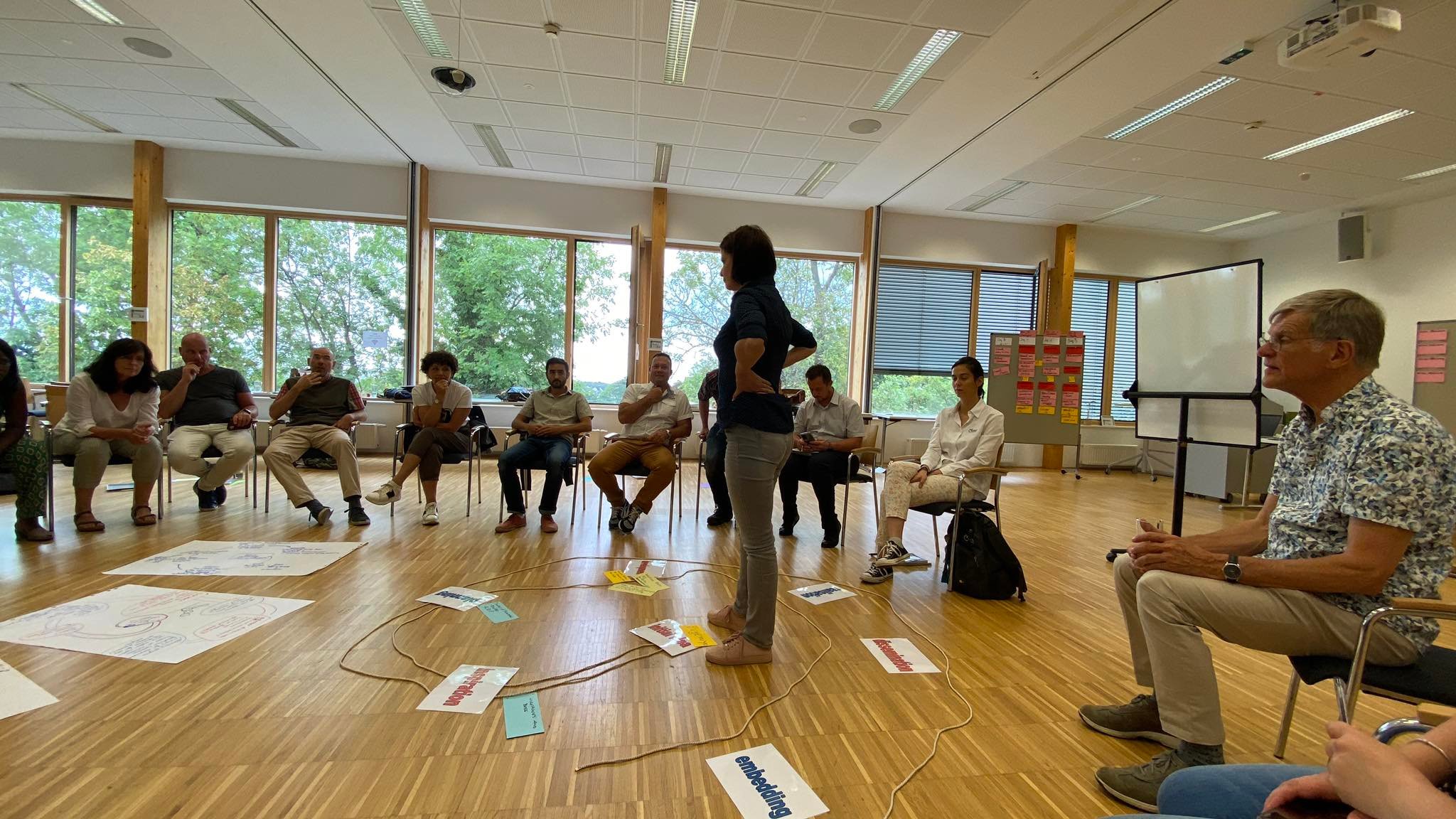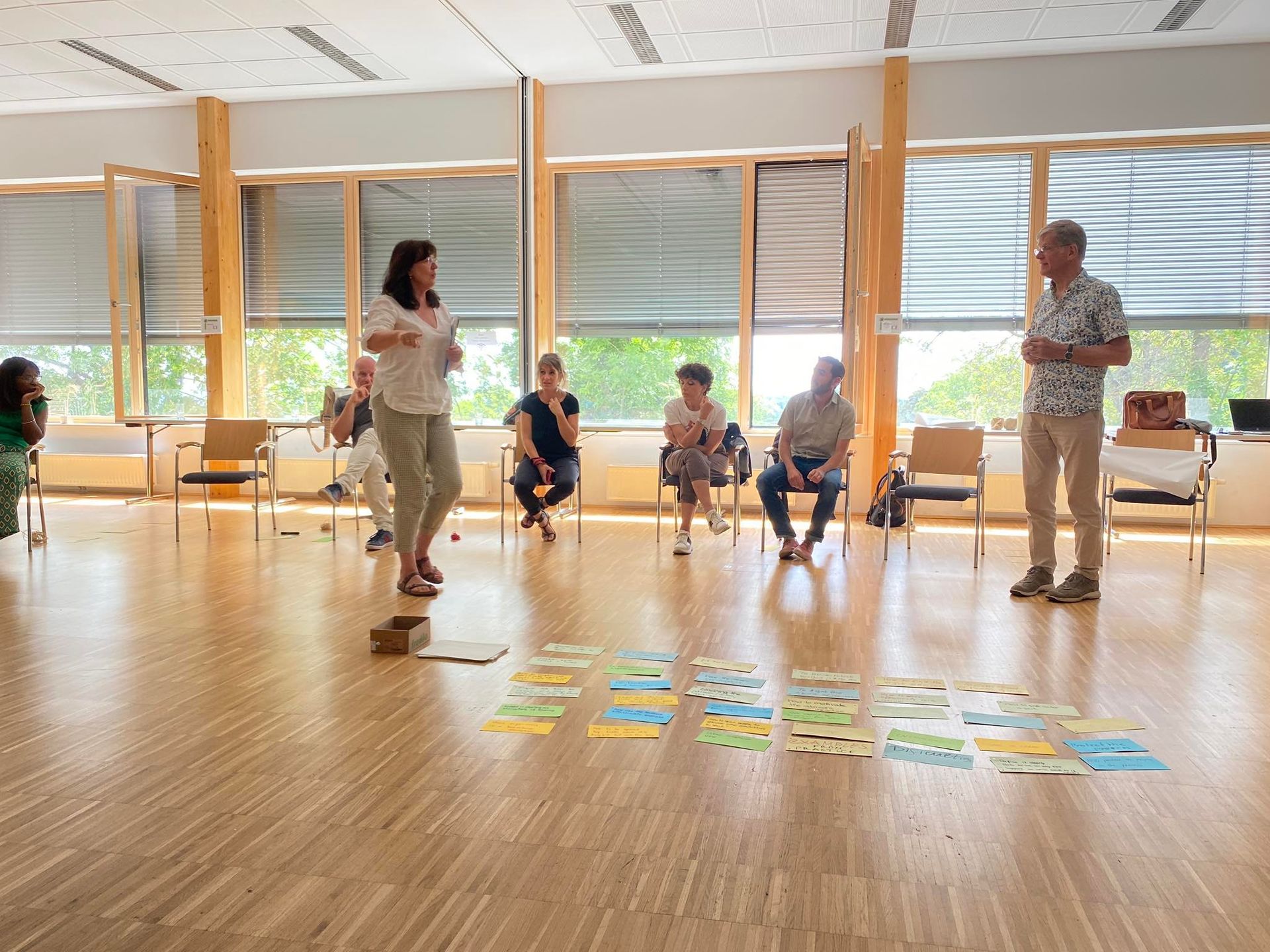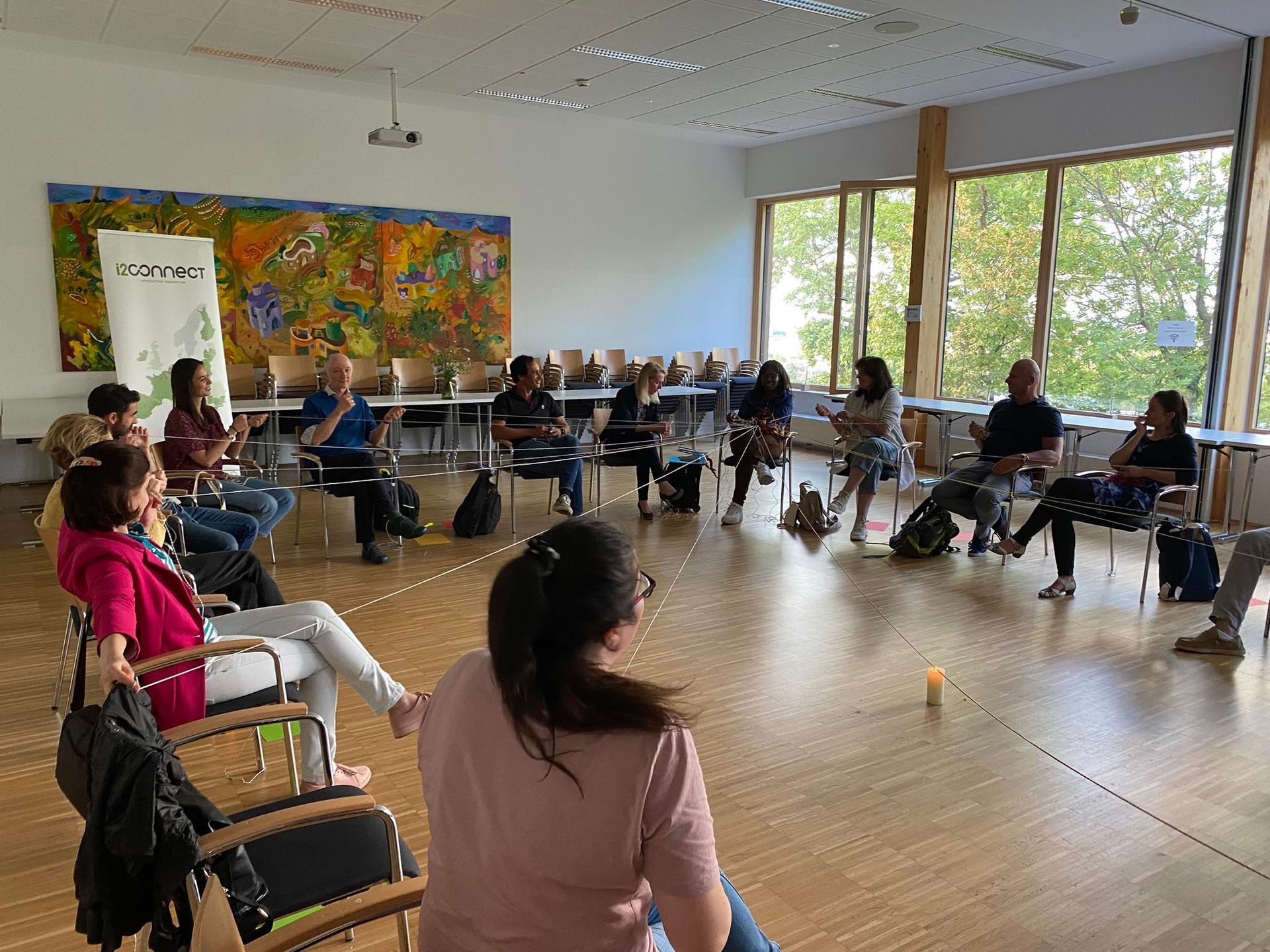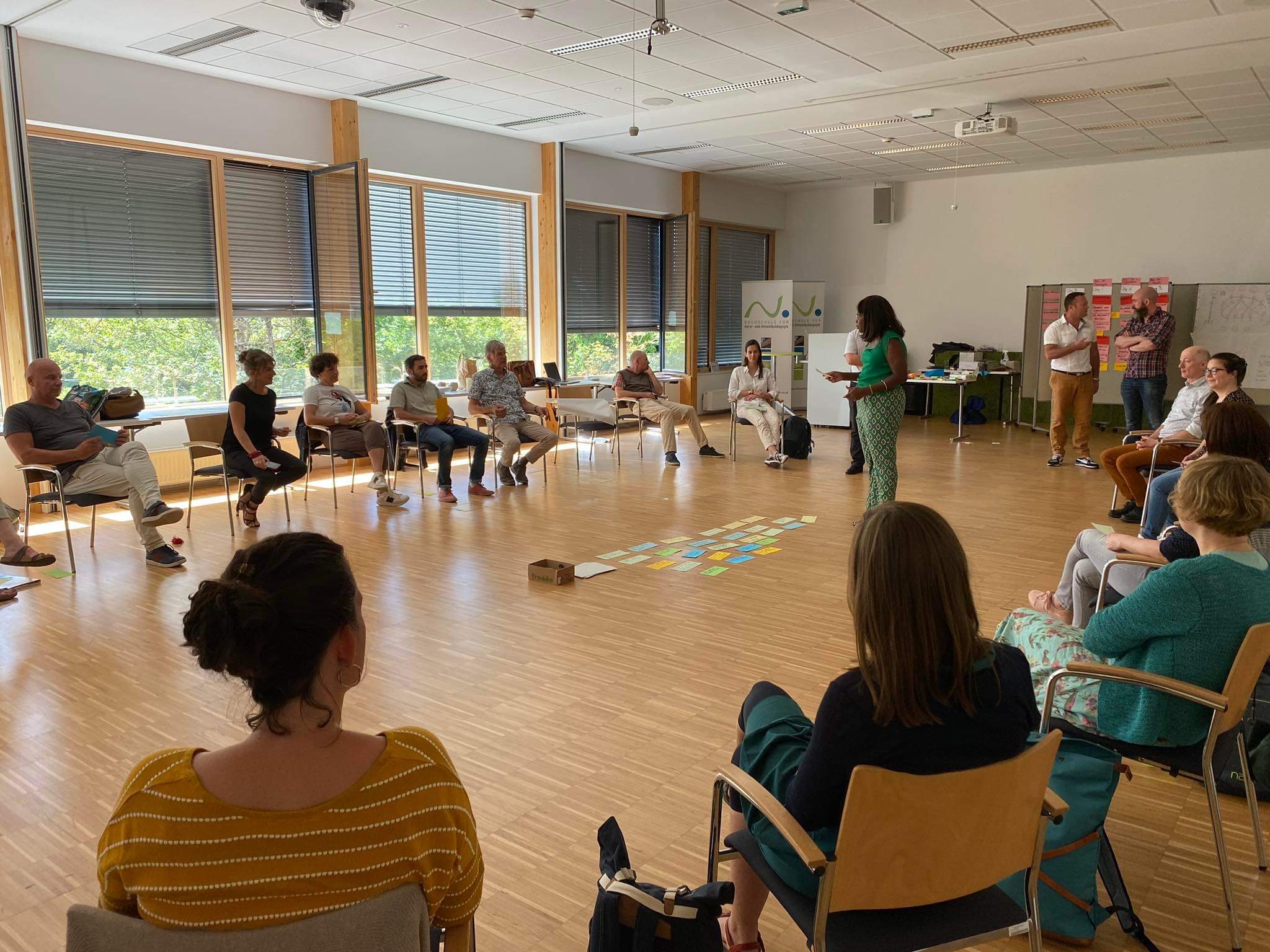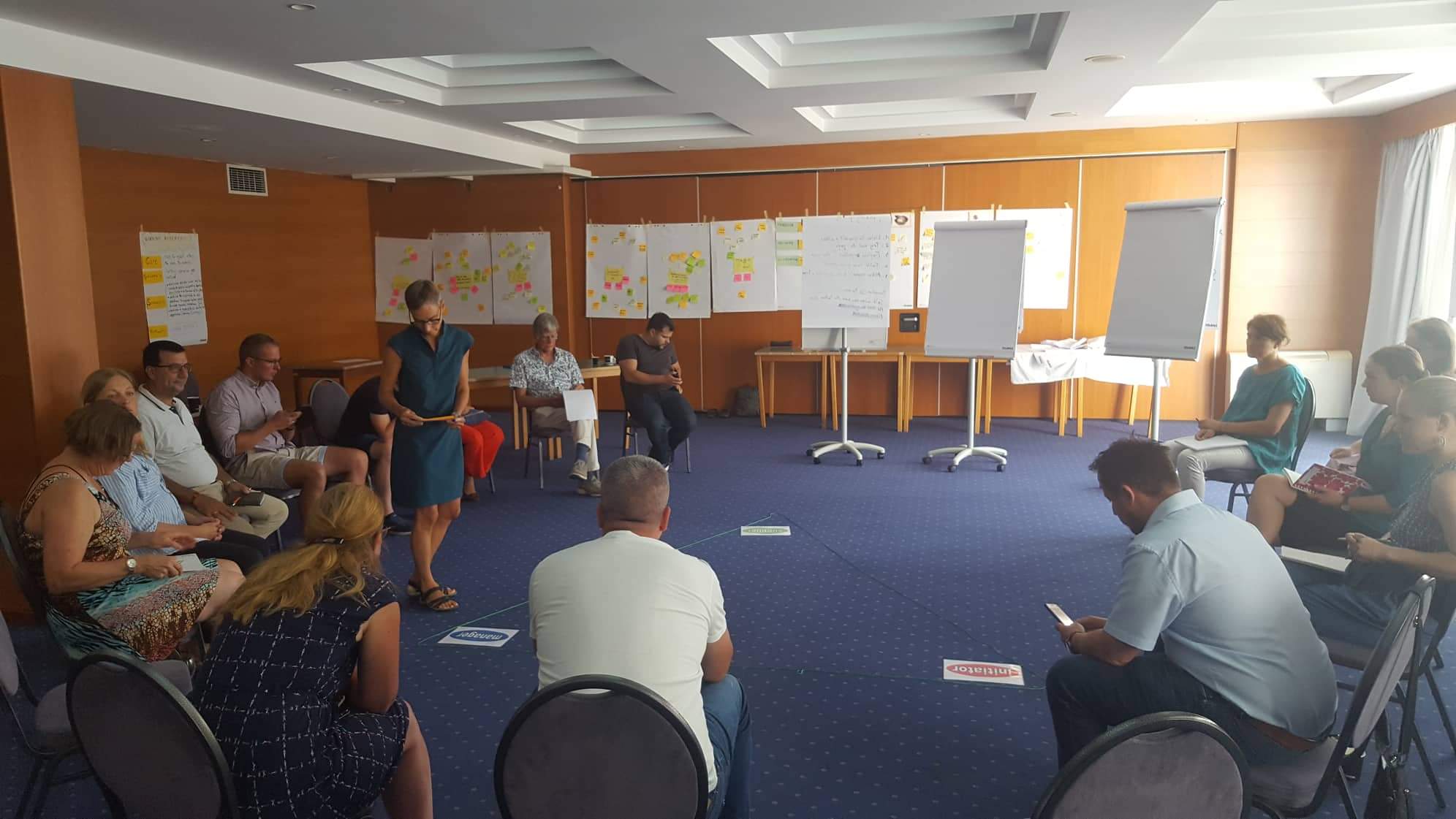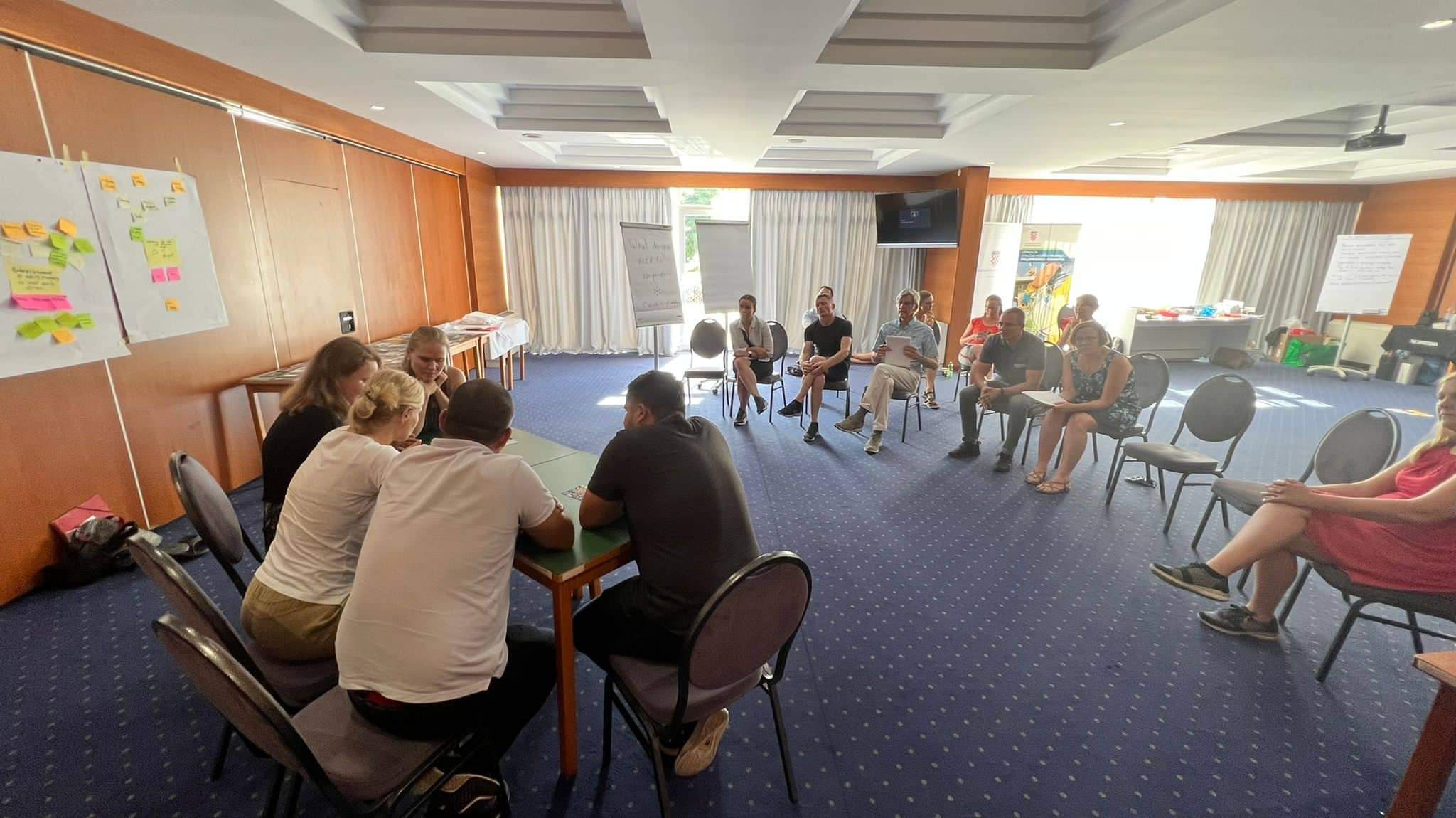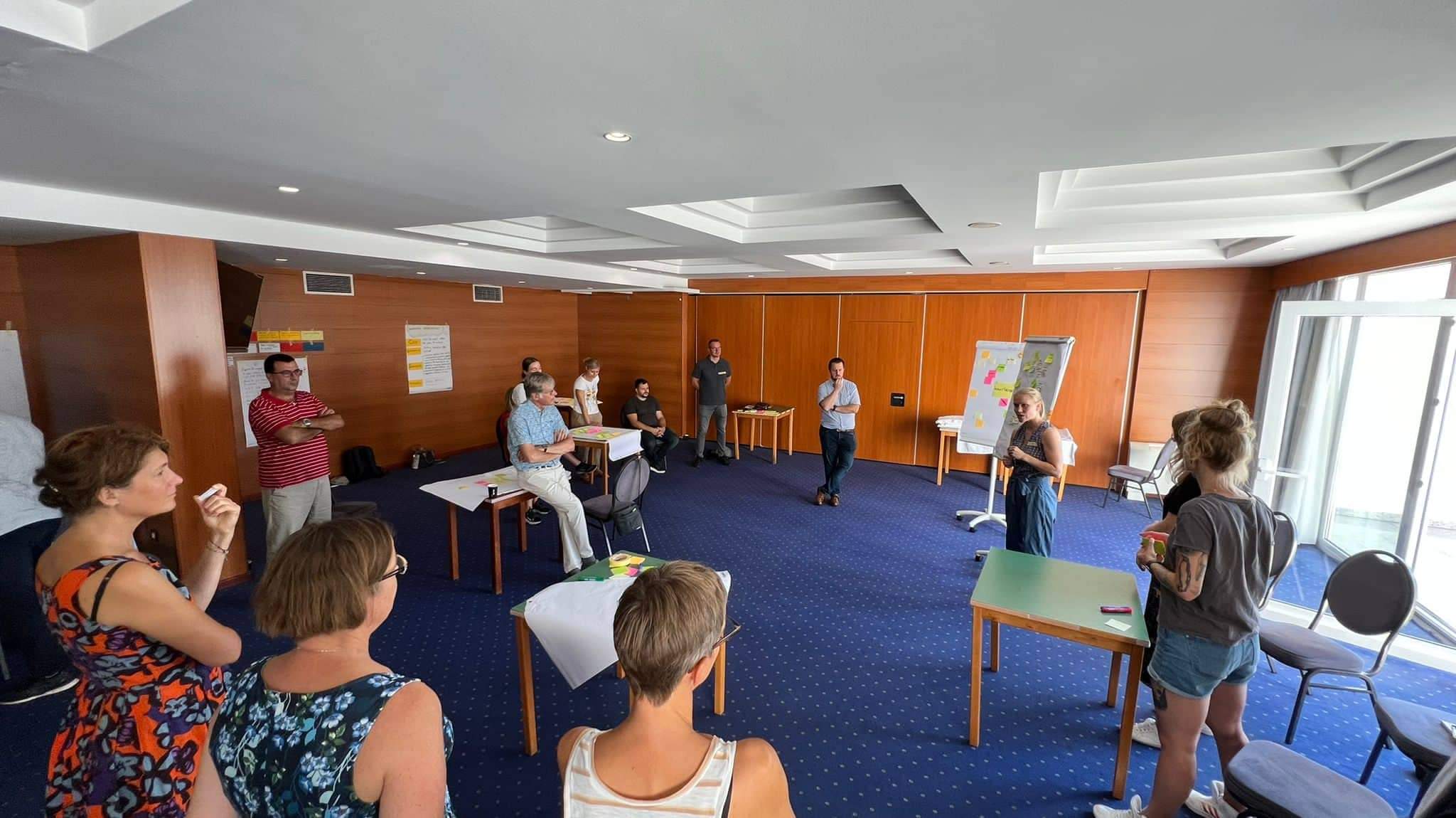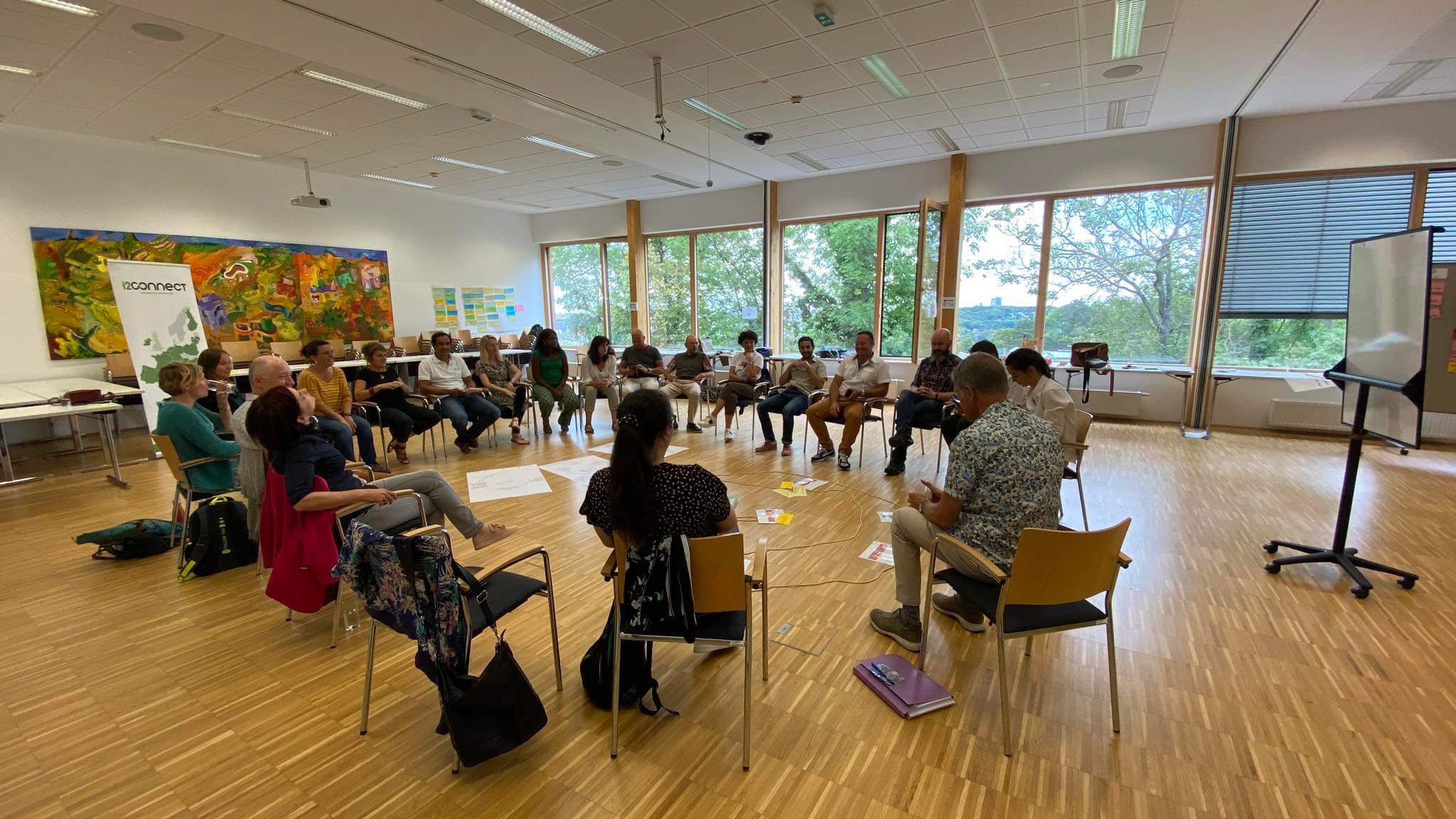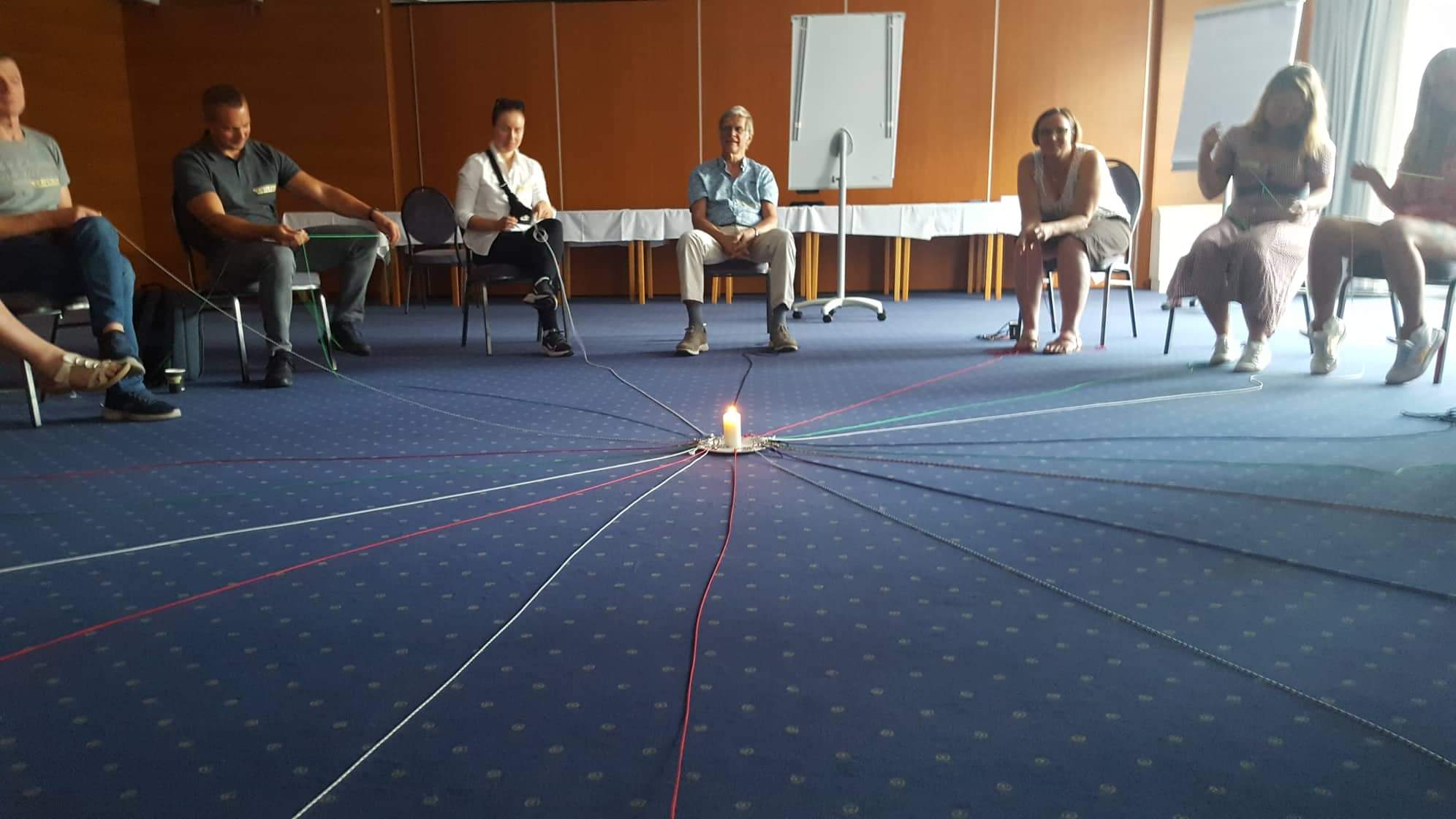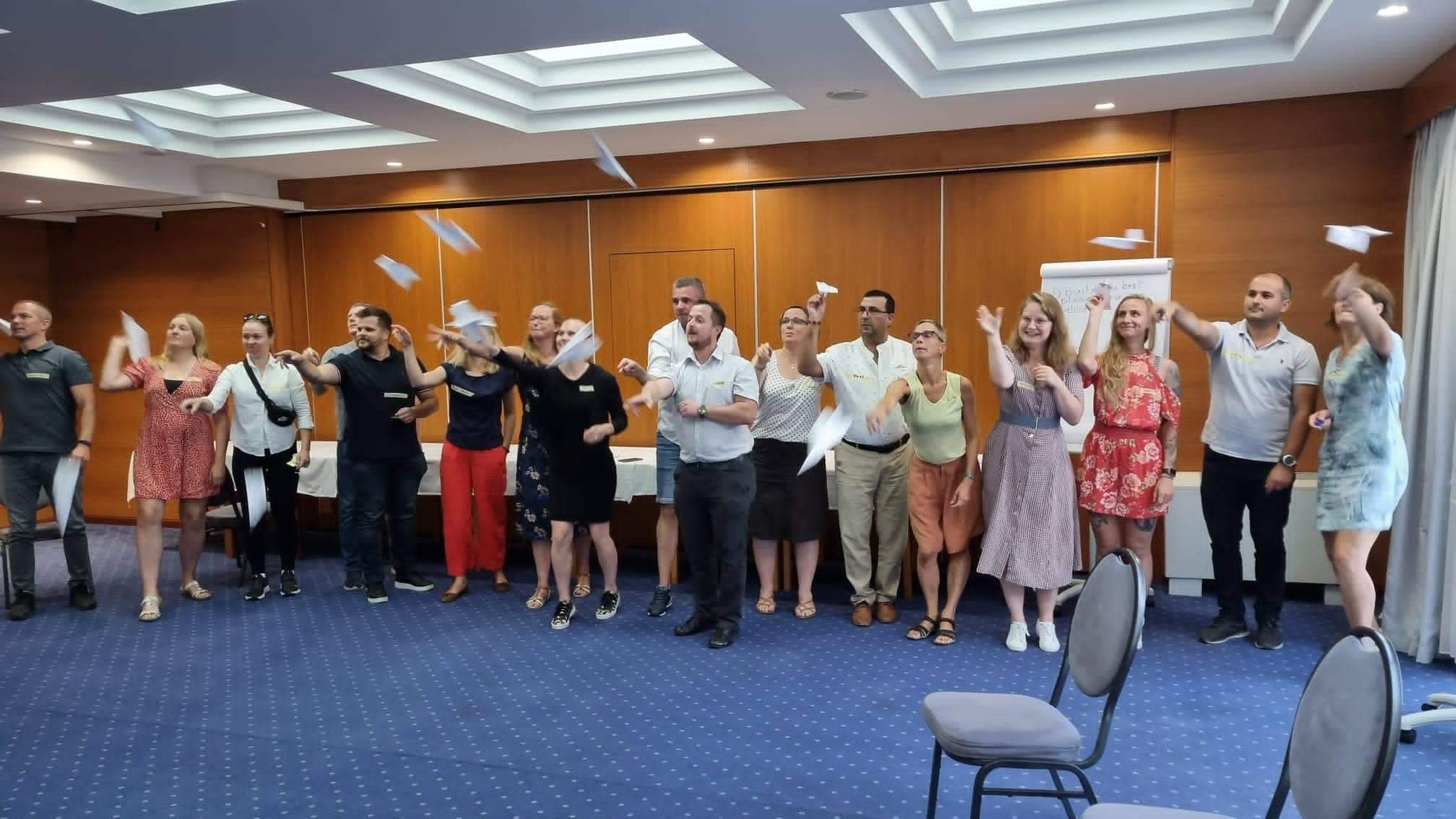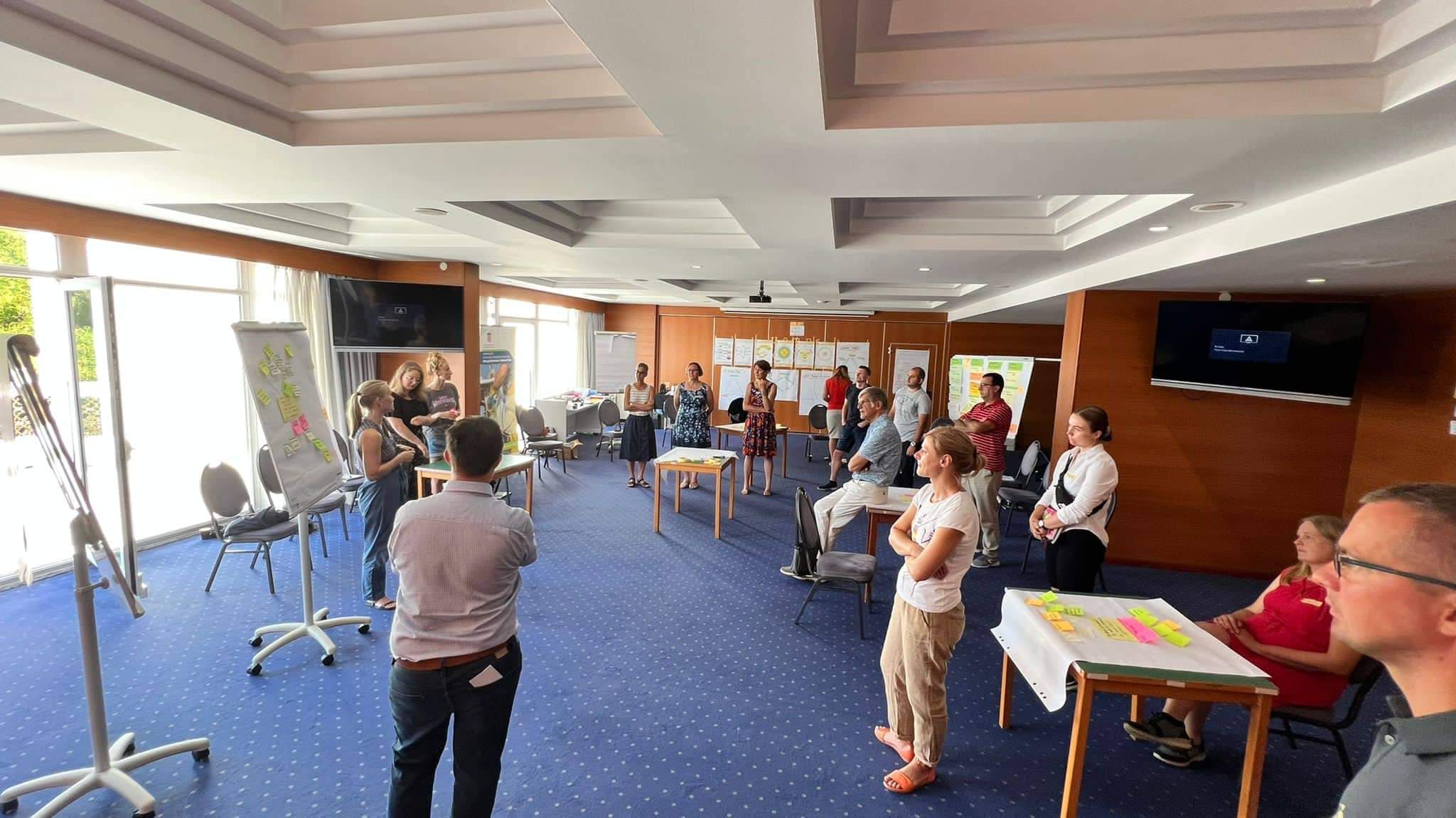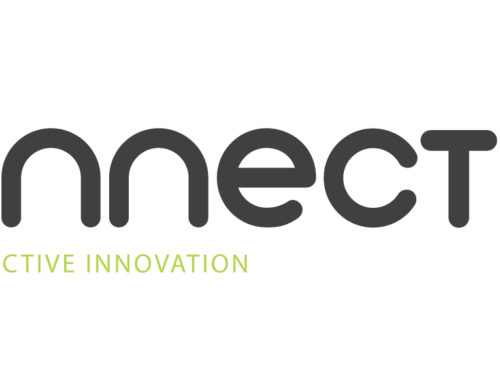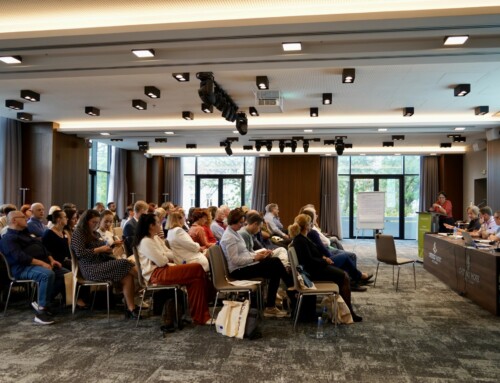This year again, two Train the Trainer Trainings (TT) took place within the framework of the i2connect project. Kanssa 17 participants at the 4th TTT in July in Vienna and 13 participants at the 5th TTT in September in Zadar/Croatia, yhteensä 30 new trainers were trained in 2022 who will conduct national trainings in their countries in the coming months. As in the previous year, we again integrated former participants as new trainers into the trainer teams in 2022. Toisaalta, this allowed us to take into account the perspective, experiences and perceptions of participants in the new trainings, and on the other hand, it gave the new trainers the opportunity to gain experience. The team in Vienna included Ugo Denis, Eelke Wielinga, Silvio Simon and Cian Condon. The host was Elisabeth Neubauer from HAUP in Vienna. In Zadar, Silvio Simon hosted and was also on the training team together with Christèle Couzy, Valehtelee Debruyne, Ruth Moser and Eelke Wielinga.
The participants were very diverse in terms of national context, professional background and experience. At the training in Vienna we had participants from Austria, Belgia, Ranska, Saksa, Bulgaria, Italia, Portugali, Lithuania and the Netherlands. In Croatia, there were participants from Finland, Bulgaria, Sveitsi, Serbia, Liettua, Croatia and Poland. Their national and experience background was also diverse – we had participants who already had experience as trainers and in innovation support. For others, both were very new. Kaiken kaikkiaan, it was a colorful mix – which was very enriching and quite a challenge for the trainer teams!
Kaiken kaikkiaan, it can be said that the TTTs have gradually changed over the years through the input of the various trainers, the participants and through reflection on the experiences we have made over time and that overall an increasingly rounded whole has emerged. But this is also only a stage in the process and it remains open what will further emerge from it…
To give a brief insight into the contents of the TTT, here is a summary of the questions we tried to find answers to in the training sessions: How is it possible to create a safe framework for cooperation and co-creation, what is needed for this? What role do listening and reflection play in this? What phases are there in the development process of an initiative and how can we accompany such processes? What models/tools are helpful? And what to do when things are not going well? What intervention options and tools are available to me then? The cases and current challenges of the participants played a central role in the training. And so did the experiences in the training itself (because here too we were confronted with challenges that at the same time also contained opportunities for learning). Joka tapauksessa, reflection has always been central in the trainings as a basis for joint learning.
The trainers of the TTTs 2022
